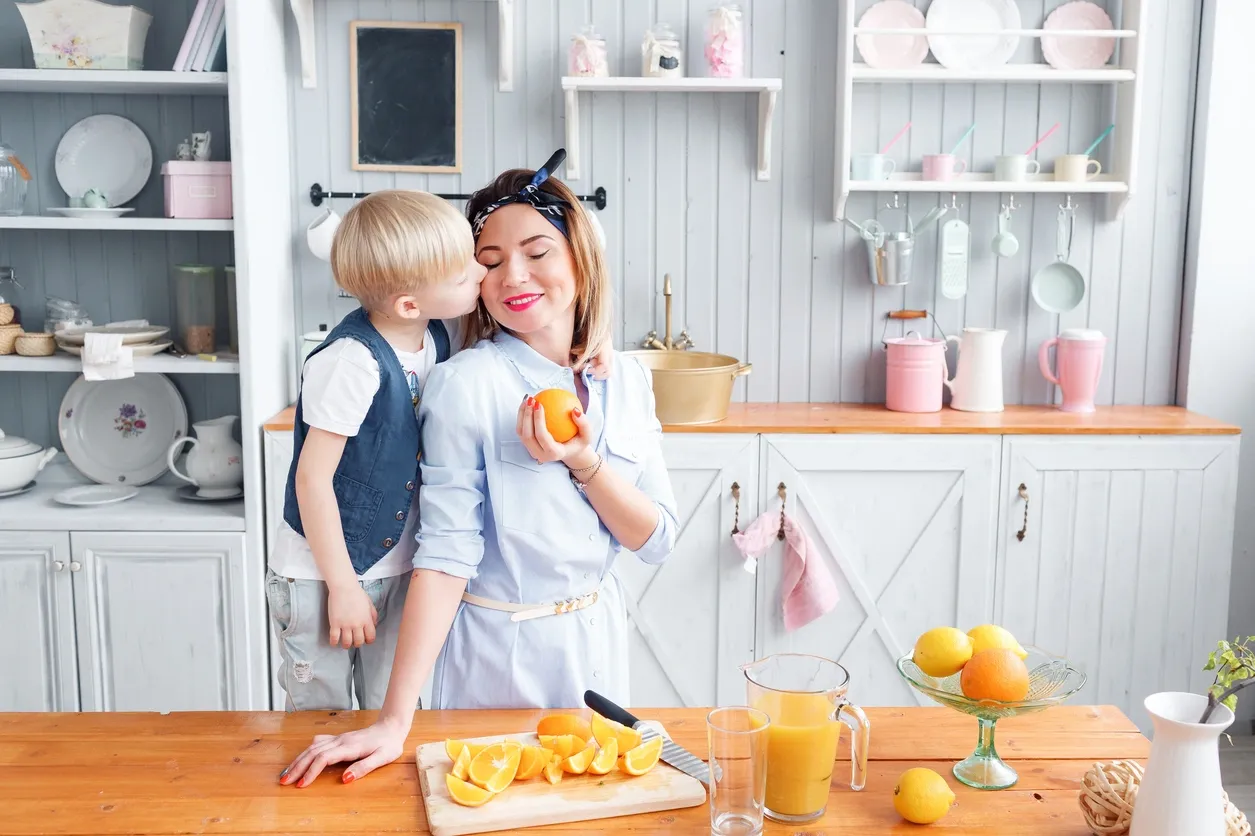As a parent, nothing is scarier than the thought of your child facing challenges and obstacles that you can’t control. Up until the day of my child’s diagnosis, I had (mostly) everything in hand. I knew how to fix a fever or a scraped knee. The moment when your child is identified as ADHD and autistic, you realise that you don’t have the tools to deal with all the challenges, and you become overwhelmed with fear and uncertainty about what the future might hold for them. How would they navigate a world full of stigma and unkind people? Would they be able to thrive and reach their full potential in a society that is not built for them?
Until recently I allowed myself to be driven by those fears, often reacting or making decisions based on a future state. I found myself worrying about the small things, like getting them to tie their shoelaces and picking up after themselves. My brain was always catastrophising – I had visions of my adult child not being independent because they couldn’t put their sneakers on, and I shuddered as I imagined their room as an unhygienic den that vermin would be attracted to.
Thinking about it now, I can see how ridiculous it was to attach myself to those very small things because I believed they were the key to their future. That pattern of thinking was negative in every way by making me increasingly anxious and overprotective, hovering over my child and micromanaging their every move. I couldn’t shake the worry about their ability to succeed in life and felt that it was my responsibility to constantly push them toward success.
My constant worry and anxiety also made it difficult for me to be present with my child and not sweat the small stuff. Instead of enjoying the moment and building a strong bond, I found myself constantly preoccupied with thoughts of their future and how I could prepare them for it. I wasn’t able to fully meet them where they were, because I needed them to be somewhere else.
Then a friend said something that changed everything, they said: “Look up fear-based parenting”. I know it probably doesn’t sound like groundbreaking stuff, but for me, it put a name to what I had been doing for the last few years. It empowered me to recognise that I wasn’t allowing my child to just be a child. The truth is, kids make their own way and at their own speed towards adulthood and being responsible, and just because they are not hitting some idealised path doesn’t mean they can’t/won’t get there.
I’m so glad I took a step back, let go of my anxiety for the future and put the trust in my child and our family. There is no doubt that parenting a neurodivergent child is a journey with unexpected bumps along the way, but happiness should always come above conventional expectations.


